Deadly airstrike on school is latest blow to Afghanistan peace prospects
Former Afghan Air Force chief points to foreign interference while ex-Taliban commander says Ghani should push forward for peace
Afghanistan’s restive Kunduz province saw yet another deadly government air raid claim multiple civilian lives this month, but it is now witnessing a landmark civic movement in a bid to keep the hope for peace alive amid escalating violence nationwide.
Under the banner of “peace is the national aspiration,” Kunduzi youth want to send out a clear message to all parties involved in the deadly conflict to put an end to the violence. On a visit to the provincial capital Kunduz City, The Defense Post met war-weary youth launching a campaign for peace in the country. They set up a camp and planned a sit-in to urge the warring sides to enter a ceasefire.
Access to the Dasht-e-Archi district, the area hit by Afghan security forces earlier this month, remains treacherous.
“We, the civilians, are being preyed upon by the Taliban, the government forces as well as the U.S. forces. We have lost many friends and relatives in this war, but the hope for peace is still alive,” campaign organizer Mohammad Zahid told The Defense Post.
Civilian casualties in Kunduz strikes
The Afghan government has quietly acknowledged that civilians were killed in the deadly April 2 air raid on a religious school by government security forces. Officials insist the strike only killed suspected militants, but the Taliban armed group and local media have quoted locals saying over 100 civilians were killed in the strikes on the seminary, which was adjacent to a mosque in a Taliban-controlled area of the district.
According to the Afghan military, a gathering of the Quetta Shura – a council of the Taliban’s core leadership that makes military and political decisions – was hit during the air raid. Taliban spokesperson Zabihullah Mujahed rejected this, tweeting that at least 150 people, including religious scholars and children, were killed.
The area remains under heavy influence from the armed rebels who have waged an intense social media campaign against the government over the killings.
In the opinion of Kabul-based analyst Ashiquallah Yaqub, whether due to lack of coordination or other reasons, the Afghan government will continue to be haunted by the blunders it made in handling of the conflict in Kunduz.
“The timing and selection of spot for the air raid in Kunduz reminds us of the literally blind and carpet bombing of villages and even wedding ceremonies in southern Afghanistan on false intelligence reports in the early years after the fall of the Taliban,” he said.
Kunduz has seen on more than one occasion similar displays of lethal air power by Afghan and NATO forces over the past few years, including the infamous 2015 bombing of the Medecins Sans Frontieres (Doctors Without Borders) facility that killed more than 40 people.
Ghani’s peace gestures to the Taliban
With the support of American military airpower, Afghan forces have launched an extensive military campaign against the Taliban who have so far not responded to the landmark peace offer extended by President Ashraf Ghani in February.
Despite the increasing violence, Mula Abdul Salam, a former Taliban military commander, believes the warring sides in Afghanistan have no other choice than to embrace peace.
“With the way things are moving forward, the Taliban have no chance of capturing major towns, but to continue with the guerrilla warfare, and the government too is unable to totally wipe out the armed opponents, and so I believe if the president matches his actions with his words, the Taliban might express willingness [to accept the peace offer],” he said.
Ghani has offered to the Taliban recognition as a political party, freedom for their prisoners and the lifting of sanctions in return for the group’s acceptance of the Afghanistan constitution and shunning of ties with terrorist groups.
However, analysts believe the incident in Dasht-e-Archi has severely dented prospects for immediate peace.
More: Ghani’s peace offer to the Taliban: A long shot, but worth a shot
International interference adds to Afghanistan’s problems
General Atiqullah Amarkhail, former Afghan Air Force chief, is pessimistic about prospects for peace.
“The war in Afghanistan is no more just the war of the Taliban. It has transformed into an international conflict in which many countries of the West and East are engaged in, so the peace process is not just related to the peace proposals by the president, but it is also dependent on the strategies of the international community, especially those countries interfering in this war, such as Iran and Pakistan, supporting, arming and providing plans to the armed rebels of the government,” Amarkhail told The Defense Post.
Islamabad and Tehran have rejected repeated allegations directed at them.
In a rare visit to the site of the attack on April 7, the local Tolo News reported that the courtyard of the religious school targeted by two Afghan air force helicopters had piles of blood-soaked turbans, shawls and prayer caps. These all belonged to the victims of the airstrike, locals said. Tolo added that four missiles were fired – one on the gathering of people, one on a school, one on the wall of a house, and the final one on the roof of a house. The missile that targeted the gathering hit people sitting in the back rows, they added.
More: Taliban vows ‘serious revenge’ over Afghan airstrike that reportedly killed civilians
“The U.S. itself does not honestly wants peace here, but it just pretends to be striving for peace here. The geostrategic location of Afghanistan has special value for the U.S. because we share borders with Iran, China and Central Asia, which actually means having borders with Russia, and the U.S. wants to keep pressuring these rivals [China, Iran and Russia] from here, hence the warning would go on for long here to legitimize the stay of the U.S.,” Amarkhail said.
General John Nicholson, the top U.S. military commander in Afghanistan, has dismissed those assertions as a “false narrative.” Briefing journalists in November, he stressed that the U.S. has a shared interest with Iran and Russia for security in Afghanistan.
“So we have the shared interest of counter-narcotics, the shared interest of counter-terrorism. You know, one of the concerns we hear from both nations is the concern about Daesh [Islamic State] and their desire to see it eliminated,” he said.
“This is our, one of our top counter-terrorism focuses, along with al-Qaeda – the remnants of al-Qaeda. So this is an area where actually our work the Afghans is precisely what the Russians and Iranians want.”
The U.S. has blamed Tehran and Moscow for legitimizing or working with the Taliban.
Meanwhile, for the local youth activists in Kunduz who are campaigning for an end to the war, the struggle for peace will not stop until the desires of war-weary Afghans are realized.
“We would continue to urge the warring sides through this peaceful movement to seek their targets via peaceful means,” Mohammad Zahir said.
The ‘weak link’: Afghan Police bear the brunt of insecurity in Afghanistan

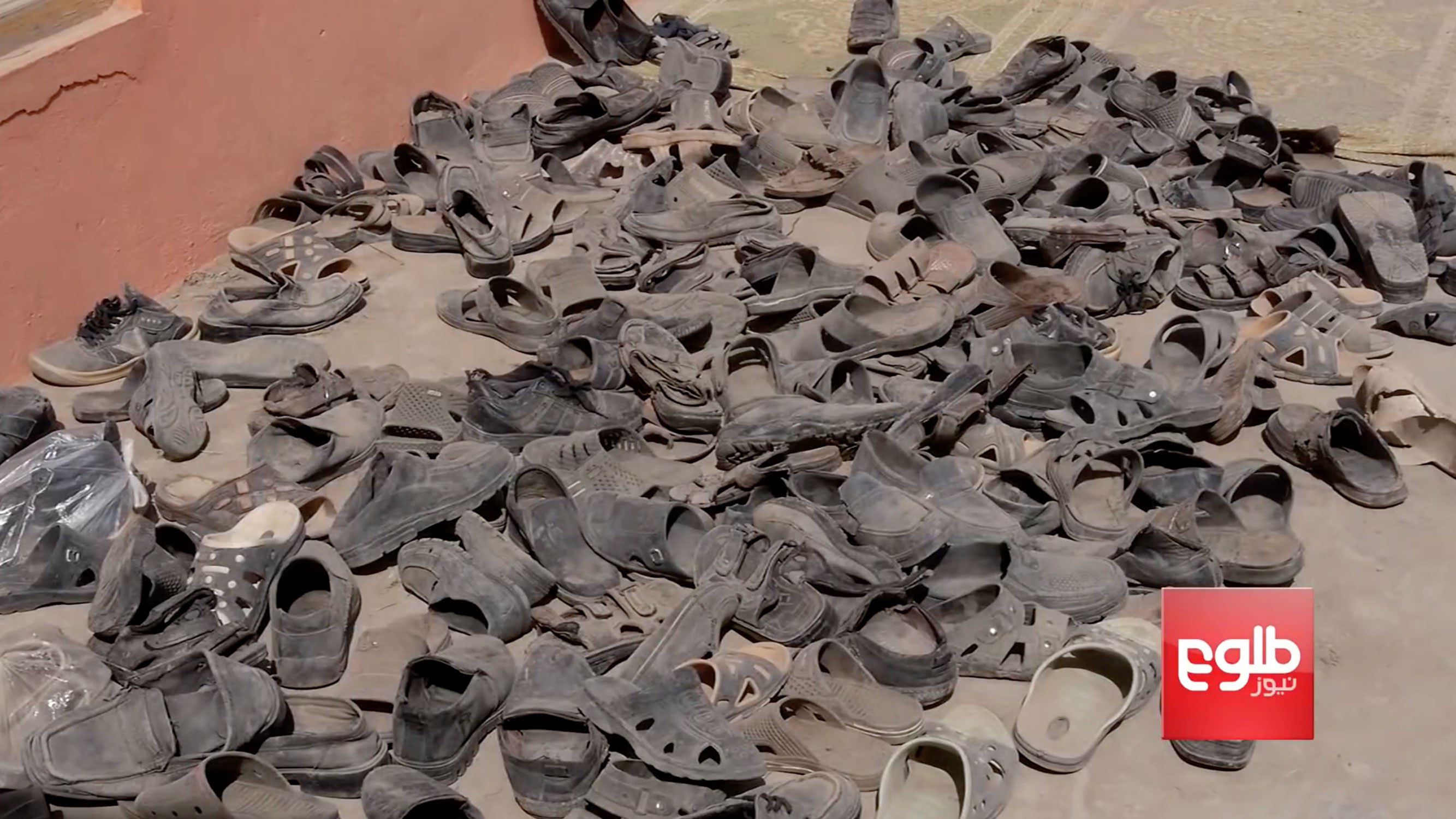
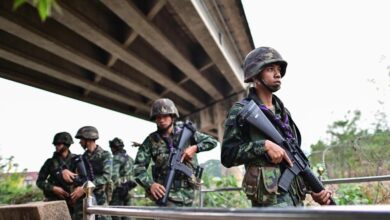
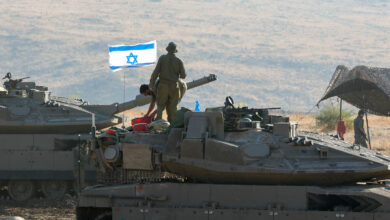
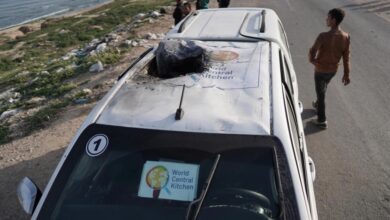
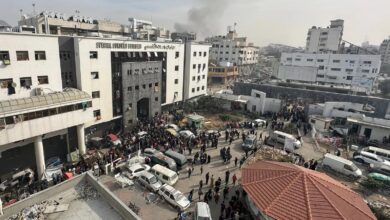
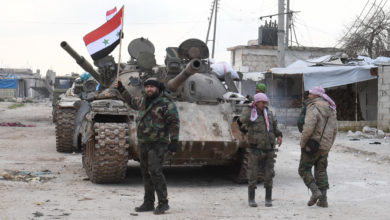


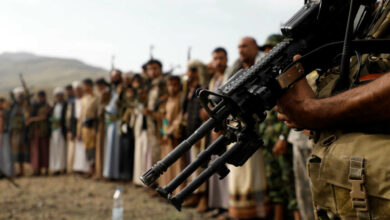

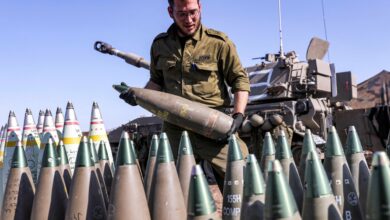
3 Comments